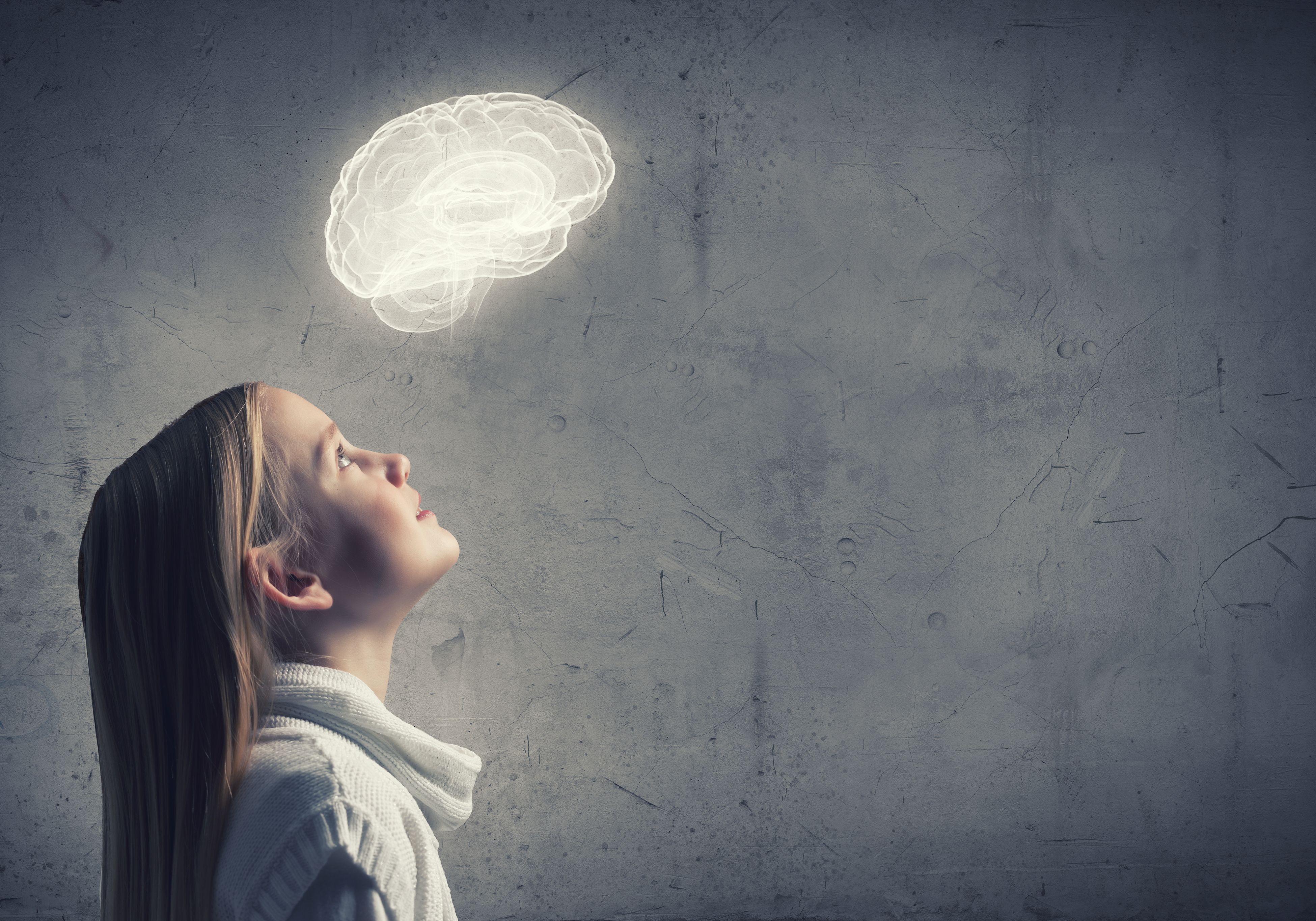There is a growing crisis in mental health these days, particularly when it comes to our children, adolescents, and young adults. Our current younger generation are experiencing mental health challenges more than ever and the key predicator is linked to heightened levels of loneliness, and lack of authentic connection. Once can only imagine how these experiences were amplified during the Pandemic. In fact, most recently, the US Surgeon General, Dr Vivek H Murthy, came out with a report addressing the need for Action to be taken when it comes to the mental health of our youth. "Mental health challenges in children, adolescents, and young adults are real, and they are widespread," says Dr Murthy. However, he goes onto say that they can be managed as long as we take action. Yet, right now, our main issue is the insufficient research that has been done on mental health altogether.
This goes without saying that the US has a real epidemic on our hands. Between 2007-2018, suicide rates for ages 10-24 year old's went up 57% and the National Center for Health Statistics reported more than 6600 deaths by suicide after the Pandemic began in 2020 alone. This is because young people are facing devastating mental health challenges that were not prevalent issues for kids years ago. Important factors that contribute to a child's mental wellness are their brain chemistry and their relationships with friends and family, so when the Pandemic hit and created huge gaps of separation between people, rather than connection, young people began to feel lonely, isolated, and depressed, which lead to suicidal ideation.

"Young people are bombarded with messages through the media and popular culture that erode their sense of self-worth -- telling them they are not good looking enough, or rich enough," wrote Dr Murthy, but it doesn't all fall on the shoulders of social media. Rather social media merely exacerbates an already mentally struggling psyche, acting as a catalyst by creating a false sense of connection for someone feeling overwhelmed by loneliness. A lot of our youth feel unable to deal with the situational challenges of today's world and feel the only way out is through suicide. Things like climate change, income inequality, racial injustice, opioid addiction, and school gun violence were not in the forefront of a child's mind in the 20th century. These situations that our youth face are far beyond their mental scope and a direct contributor to why between 2009-2019, high school students, who were considering suicide, went up 36%, and those, who actually made a suicide plan, went up 44%.
The problem isn't mental health, however, the problem is that we are doing nothing about it. In the Surgeon General report, Dr Murthy called for the need for more resources be devoted to the understanding of addressing youth mental health challenges and that our mental wellness is key to our overall health. Our own mental wellness affects every aspect of our life from how we manage stress and anxiety, how we create solutions to conflict, to how we govern our emotions and emotional connections with others. Unfortunately, when it feels like no one is listening, or no one cares, it can seem easier to bottle these feelings up, then voice them aloud. "In 2016, of the 7.7 million children with treatable mental health disorders, about half did not receive adequate treatment," according to the report.

At this point, help is needed and now. The FLUO Foundation was designed to bring awareness to the mental health crisis we currently face in our children, adolescents, and young adults. We look to partner with other nonprofits with an education, early intervention, and prevention philosophy at the forefront of our efforts. The FLUO Foundation seeks to ensure our youth have the inspiration and support they need to navigate life's often daunting challenges. We advocate for the holistic wellbeing of young individuals and believe a continuum mindset of mental wellness best takes into consideration their emotional, cultural, spiritual, and psychological differences and needs. As we shine a light in the darkest of places, we are driven to create immersive experiences that connect us, promote community, and decrease the stigma surrounding mental health.